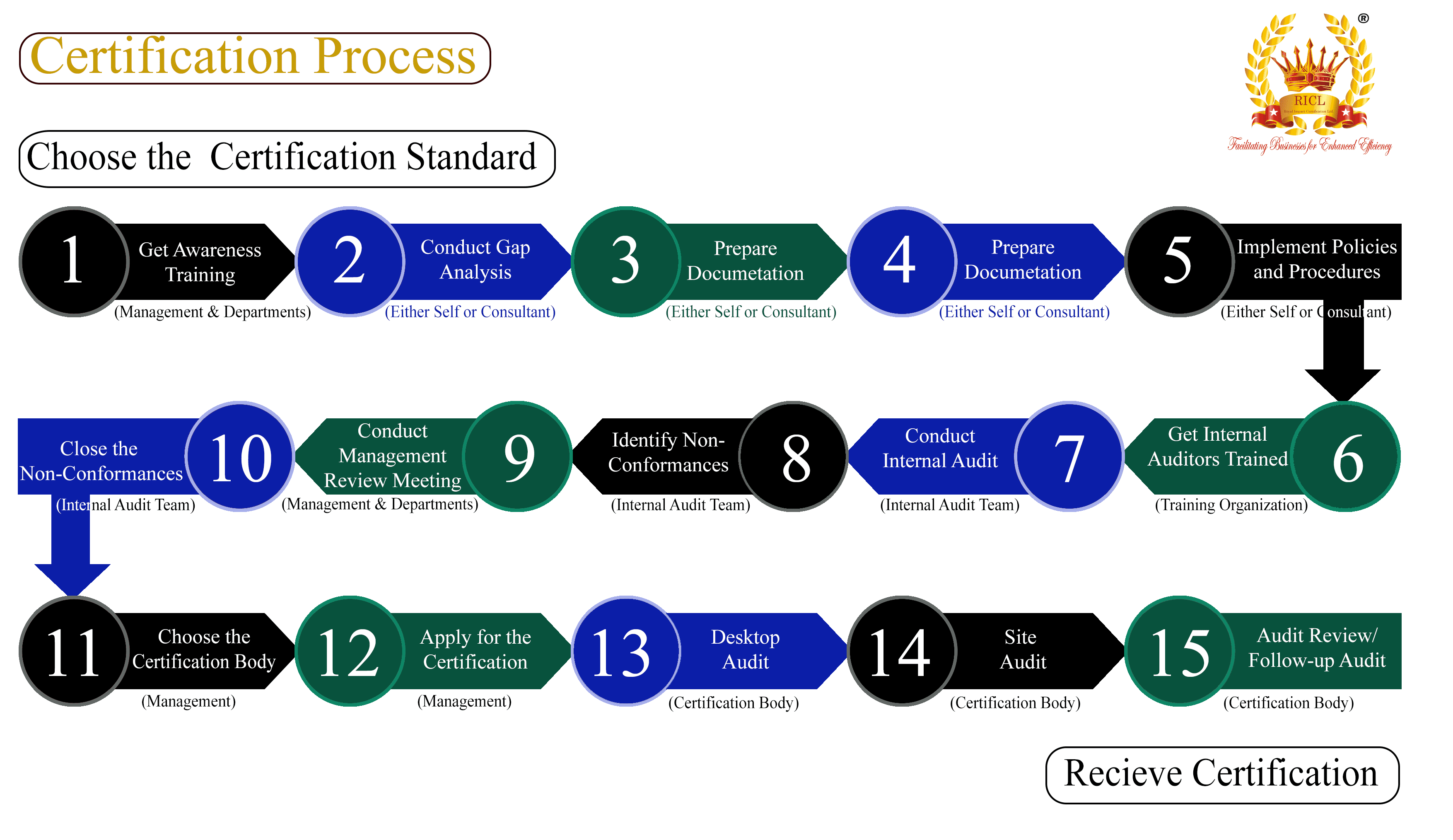
HALAL
Halal refers to what is permissible or lawful in traditional Islamic law. It is frequently applied to food and drinks, but the term can apply to any object or activity. The rules of Halal aim to ensure that all aspects of a Muslim’s life are governed by Islam, including their diet.
Halal, which literally means “permissible” in Arabic, encompasses everything that is allowed within the realms of Islamic law. It is often used to specify food that is permissible for Muslims to consume, but it also applies to personal behavior, business practices, and other aspects of daily life.
Key Points About Halal:
Food Products: In the context of food, Halal refers to food products that do not contain any pork or pork by-products, animals that were dead before slaughtering, blood, alcohol, or carnivorous animals. Animals must be slaughtered in a specific way, including a declaration of intent and swift incision with a sharp knife that drains all the blood from the carcass.
Certification: Halal certification is a process which ensures the features and quality of the products according to the rules established by the Islamic Council that allow the use of the mark Halal. It is mainly applied to meat products and other food products such as milk, canned food and additives.
Consumer Products: Beyond food, Halal also includes personal care products like cosmetics and pharmaceuticals. These products must not contain alcohol or ingredients derived from animals prohibited by Islamic law.
Financial Services: Halal principles also extend to financial services, which must not involve interest (riba) as it is considered usurious and exploitative. Instead, Islamic finance operates on the principle of risk sharing, where terms must be agreed upon by both parties and gains and losses are shared.
Lifestyle and Travel: Halal tourism has developed as a sub-category of tourism geared towards Muslim families who abide by rules of Halal. It includes hotels or resorts that do not serve alcohol and offer separate swimming pools and spa facilities for men and women.
Importance of Halal:
For Muslims, adhering to Halal is a fundamental aspect of daily life. Halal certification in non-Muslim countries provides a sense of security for Muslim consumers, ensuring that they can consume products without compromising their religious beliefs. As the global Muslim population grows, the demand for Halal products increases, influencing the food industry, tourism, pharmaceuticals, and other sectors.

Halal certification can be relevant to a diverse array of industries because it covers a broad spectrum of products and services adhering to Islamic laws. Here are The industries where Halal certification is significant:
- Meat and Poultry Processing
- Dairy Products
- Baked Goods
- Confectionery and Chocolates
- Snack Foods
- Canned and Processed Foods
- Beverages (excluding alcohol)
- Baby Food
- Pet Food
- Spices and Flavorings
- Food Additives and Ingredients
- Oils and Fats
- Ready Meals
- Nutraceuticals
- Pharmaceuticals
- Cosmetics and Personal Care Products
- Health Supplements
- Skincare Products
- Make-up Products
- Hair Care Products
- Soap and Shampoos
- Detergents and Cleaning Agents
- Fragrances and Perfumes
- Packaging Materials
- Food Service Providers (Restaurants, Cafeterias)
- Catering Services
- Hotels and Hospitality
- Travel and Tourism
- Airline Meal Services
- Retail Supermarkets
- Online Food Retailers
- Animal Feed
- Agriculture and Farming
- Fishing and Seafood Processing
- Bakery Ingredients
- Cooking Sauces and Dressings
- Frozen Food
- Sport Nutrition Products
- Clothing (Leather and other animal products)
- Biotechnology Products
- Medical Devices
- Healthcare Services
- Financial Services (Islamic Banking)
- Insurance (Takaful Islamic Insurance)
- Investment Funds
- Event Management
- Educational Services
- IT Services (Software that caters to Islamic practices)
- E-commerce Platforms
- Logistics and Supply Chain
[sp_easyaccordion id=”10769″]
[formsapp id=”662f63f6c4dd546c9916c3db”]
